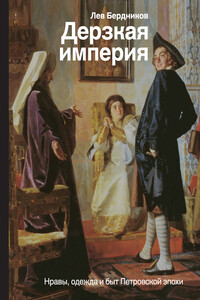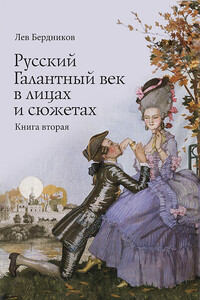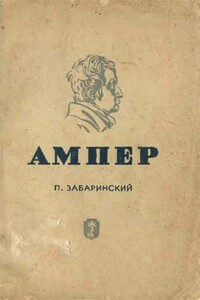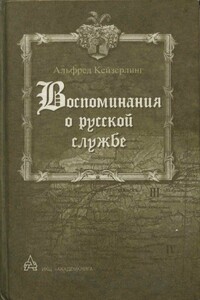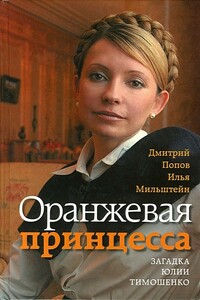Евреи государства Российского. XV – начало XX вв. | страница 8
Several of the heroes of this book were not left in peace even after death. Xenophobic historians with nothing better to do keep silent about the contributions made by Jews to the Russian empire while trying to seek out traces of harmful intrigues hatched by «zhid-masons» and contributing to the most dismal events in Russian history. At times the role of «Jews in livery» is thus purposefully and outrageously exaggerated. By the logic of these learned writers, the dark period under Empress Anna Ioannovna should be called not «bironovshchina» (the time of Biron) but «lipmanovshchina,» after E. I. Biron's close associate, the Jewish banker Levy Lipman, who they say, allegedly ruled Russia. (Berdnikov addresses the falsity and absurd nature of this and other assertions about Lipman's power, demonstrating that he was just another of Biron's many creditors.)
The aggressive search for historically compromising material about Jews is especially zealous and stubborn in the sphere of Russian literature, – more precisely, in the area of Russian poetry. Tendentious literary scholars try to push the idea that it was precisely the Jews who were responsible for the death of great Russian poets, as part of an age-old secret conspiracy against Russia. And it's no problem for them if no evidence exists; it's simple enough to label as a zhid any cheat or scoundrel, especially if murder is involved. Thus the unfortunate Nikolai Martynov who shot the great Lermontov in a duel – so what if he was Orthodox, an aristocrat, officer – but what about that suspicious patronymic «Solomonovich»?! The Russian nationalist has no interest in the fact that during the week of holy forefathers in the Orthodox church in late December newborns were given ancient-Jewish names. So here we have the image of a Russian poet and martyr, killed by evil foreigners – it's even rather appealing. So how can one help but give into the temptation of declaring Solomonovich-Martynov a natural born Jew – and not only to declare it, but make a film about it, one that is very «artistic» and even «enlightening.» And throw into the conspiracy against Lermontov the chancellor Karl Nesselrode, whose mother (we learn from a biographical dictionary) was ethnically Jewish but of the Lutheran faith…
Berdnikov also reveals several well-known Russian political figures in a new and unexpected light. For example, a separate essay is dedicated to the Prince and Field Marshall Grigorii Potemkin, who appears here as a convinced judophile and the first governmental figure in Russian history to support the Zionist idea. For the first time since the destruction of the Second Temple this charismatic figure armed Jews to form the «Israelevskii» Calvary Regiment in 1786. This he proposed to be quartered in previously Turkish-occupied Palestine, where he thought to summon all Jews once more.
